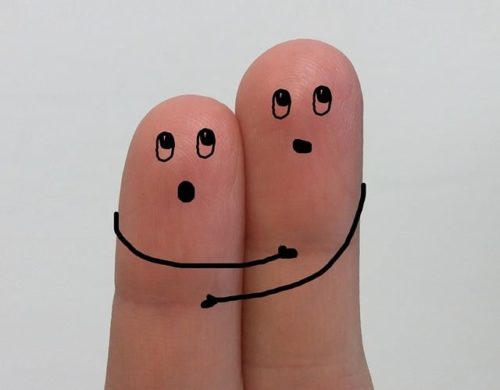15 Influential German Authors

Whether you’re a German language learner or not, you’re no doubt aware of the profundity of German literature. Throughout …

Whether you’re a German language learner or not, you’re no doubt aware of the profundity of German literature. Throughout …

Asking questions is the pathway to knowledge of any kind, and the same goes for your journey to learn German…

Do you know how to speak about your hobbies in German?
Because knowing how to talk about your hobby in …

There are many wonderful and complex things about the German language, but separable verbs often cause lots of problems for …

If you’ve been studying German for a while, it should come as no surprise that the language has some wacky …

Many German words have no close translation in English.
One of the greatest things about learning languages is to discover …

Suffixes are a big part of the German language. They’re literally everywhere, so you really can’t survive without them if …